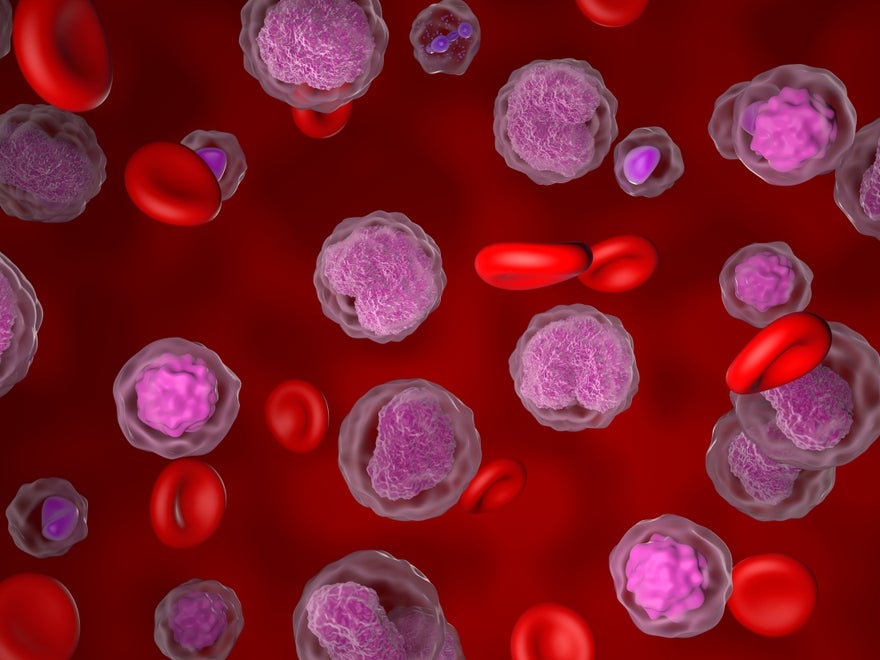
Hodgkin lymphoma
Understanding Hodgkin lymphoma
Hodgkin lymphoma (HL), also known as Hodgkin's disease, is a type of cancer that starts in your lymphatic system, which is a crucial part of the body's immune system. It specifically affects a type of white blood cell called lymphocytes. HL is characterised by the presence of Reed-Sternberg cells, a specific kind of abnormal cell.
Hodgkin lymphoma typically begins in the lymph nodes and can spread to other parts of your body including the spleen, liver, bone marrow, and lungs. It is one of the most treatable forms of cancer, especially when detected early. Hodgkin lymphoma includes Classical Hodgkin lymphoma (CHL), which accounts for about 95% of cases and is the predominant form, and Nodular Lymphocyte-Predominant Hodgkin lymphoma (NLPHL), a much rarer subtype that tends to grow more slowly.
Common symptoms you may experience typically include fatigue, fever, swollen lymph nodes, night sweats, loss of appetite, Itching, chest pain, trouble breathing and abdominal swelling.
Learn more: Lymphoma
Hodgkin lymphoma statistics in the UK
Hodgkin lymphoma is relatively rare compared to other cancers, but understanding its prevalence can be reassuring and informative if you or a loved one has been diagnosed with it. In the UK, around 2,100 new cases of Hodgkin lymphoma are diagnosed each year. This translates to approximately six people being diagnosed each day. HL can occur at any age but is most commonly diagnosed in young adults (15-34 years old) and older adults (over 55 years old).
The survival rates for Hodgkin lymphoma are encouraging. With advances in treatment, the five-year survival rate for HL in the UK is around 85%. For young adults and children, the survival rate can be even higher, often exceeding 90%.
Treatment options for Hodgkin lymphoma
Treatment for Hodgkin lymphoma depends on several factors, including the stage of the disease, the size of the lymph nodes involved, and your overall health. The primary treatment options include:
- Chemotherapy: the use of drugs to kill cancer cells. It is often the first line of treatment for HL and can be very effective.
- Radiotherapy: the use of high-energy rays to target and kill cancer cells. It is commonly used in combination with chemotherapy.
- Targeted therapy: these drugs specifically target and attack cancer cells with fewer side effects than traditional chemotherapy.
- Immunotherapy: this treatment boosts your body’s immune system to help fight the cancer cells. It is a newer option and can be particularly effective if you do not respond to other treatments.
Learn more: Treatments for blood cancer and blood disorder
Stem cell transplants and Hodgkin Lymphoma
Stem cell transplants are an important treatment option if you have been diagnosed with Hodgkin lymphoma, particularly if your cancer has returned after initial treatment or you did not respond to standard therapies.
Stem cell transplants can offer a chance for long-term remission for you. However, they also come with risks and potential side effects, so it's important to discuss this option thoroughly with your healthcare team.
Learn more: Donor search and match
How we can help
At DKMS patients and their families are at the heart of everything we do. If you are currently seeking a stem cell donor, we can share your story to raise awareness and encourage more people to join the donor register, which can give hope to patients everywhere of finding their compatible stem cell match.
With a global database of 12 million potential stem cell donors and over 115,000 donations facilitated so far, we are dedicated to supporting you. Please reach out to us to learn more or get involved.
References
Hodgkin lymphoma. Cancer Research UK. Last reviewed September 2024.
Survival with Hodgkin lymphoma. Cancer Research UK Last reviewed September 2024.